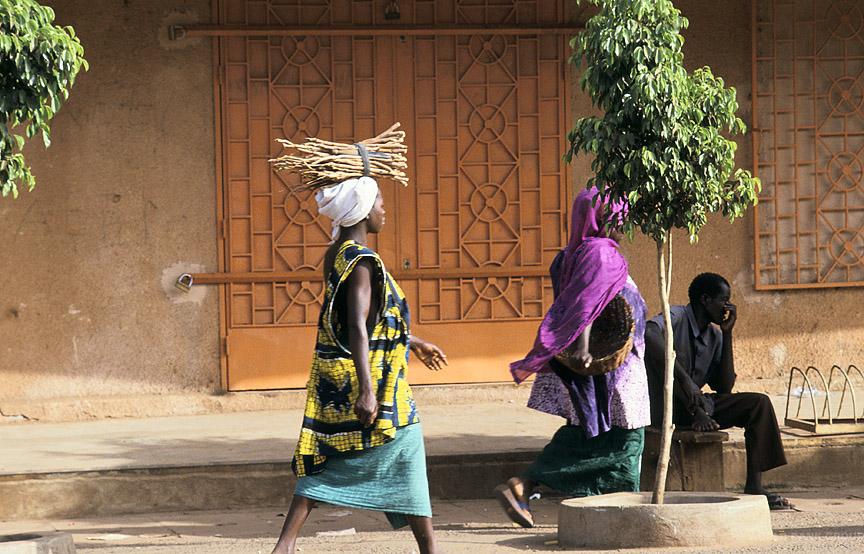Addressing Regulatory and Market Challenges to Scale Innovation in Nigeria’s Insurance Ecosystem

With a population of 211 million(1) and a low insurance penetration of less than 1%(2) , Nigeria represents one of Africa’s most important insurance markets. Despite this potential, the market’s growth is constrained by a lack of suitable products, cumbersome claims’ processes and unsuitable premium collection methods, limited awareness among consumers, lack of trust in insurance and low purchasing power. Market actors are innovating to surmount these challenges and reach the underserved through insurtech: to fast-track customer acquisition, enhance insurance awareness and scale last mile access.
For innovation to thrive and contribute to closing the protection gap, it is important for regulatory frameworks to evolve to support business innovation while protecting consumers against any undue risks. Notable efforts by the Nigerian regulator, National Insurance Commission (NAICOM), include the development of a draft regulatory sandbox. The objective of the sandbox is to enable a test and learn supervisory approach by NAICOM. NAICOM has also issued Insurance Web Aggregator Operational Guidelines for the industry in response to market demand. Under these guidelines, web aggregators will be able to compare and contrast insurance offerings from different insurance firms. NAICOM has taken the above steps to enable market development and streamline application processes for market players.
Another remarkable initiative by the regulator is the Bima Lab Nigeria Insurtech Accelerator – a collaboration between FSD Africa and NAICOM. Through Bima Lab Nigeria, innovators and insurtech startups receive expertise, resources, and support to develop and scale market-ready solutions. Bima Lab Nigeria builds upon the success of Kenya’s BimaLab I, BimaLab II and global best practices while adapting to local contexts. The innovations span micro-insurance and digital brokerages, B2B data analytics supporting the insurance sector, developing ancillary revenues and insurance add-ons to micro-and small and medium enterprises (MSMEs), and SaaS solutions addressing verticals such as agriculture, cyber and climate change. The Bima Lab is a 10-week sprint, each with a cohort of 10 enterprises.
To complement these industry efforts to create a vibrant and inclusive voluntary retail insurance market in Nigeria, GIIF collaborates with FSD Africa, in its work with NAICOM through the Bima Lab Nigeria. The initiative – the Neo Insurer Training Initiative (NITI) – involved the analysis of insurtech business models and training of two incumbent local insurance actors in the country, with the intention of transforming them into viable digital insurers. Other objectives of the NITI were to: develop a roadmap for innovation and technology support required to drive scale particularly for neo insurers, and to review the NAICOM regulatory sandbox. NITI focused on ensuring that the regulatory and supervisory frameworks remain context-specific as well as fit-for-purpose give the unique drivers and constraints of the Nigerian market. As a result of the NITI, the two insurers have been able to identify gaps in their innovation approaches, capabilities and resources with a view to enhancing product development expertise to bring insurtech offerings to market.
“We now understand the process of mapping out ideas through to innovation and we intend to factor the learnings into our future product development” reports Shina Gbadesin, CEO, GOXi Microinsurance.
“Our eyes have been opened to the reality of our restrictions around mobile money and the lack of collaboration between banks and telcos to use credit as a form of value -- making it difficult to collect funds and reach the bottom of the pyramid consumers. We look forward to engaging further with industry stakeholders for opportunities to address these system issues” confirms Michael Kalu, Head of Innovation, Heirs Life Assurance.
In Nigeria, one of the critical levers to increasing insurance uptake by the BOP is to promote widespread use of mobile money (through digital wallets or mobile airtime) for insurance premiums and claims. Currently, mobile network operators (MNOs) cannot sell microinsurance and mobile airtime cannot be used as legal tender. This limits the reach of microinsurance and financial inclusion. Changing the status quo will not only increase financial inclusion for millions of unbanked Nigerians but contribute to increasing access to insurance for millions more as insurance companies will now not have to rely solely on bank accounts for claims and premium payments.
One interesting insight from the regulatory sandbox review and industry stakeholder engagement was that insurance regulators should deploy tools that have regulatory, supervisory, engagement and innovation monitoring elements to ensure a level playing field for innovation. The next steps will involve supporting broader capacity-building efforts for NAICOM, other regulators and industry representatives to ensure that technology and knowledge transfer for insurtech innovations benefit the underserved market segment.
--------------------------------------------------------------
(1) https://data.worldbank.org/indicator/SP.POP.TOTL?locations=NG
(2) https://www2.deloitte.com/content/dam/Deloitte/za/Documents/financial-s…
